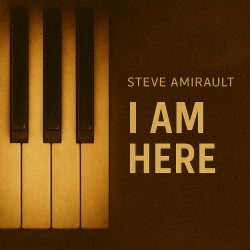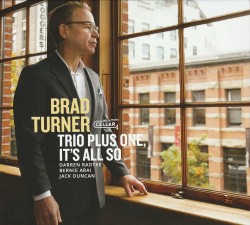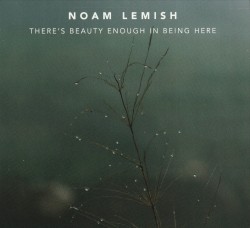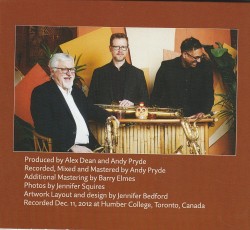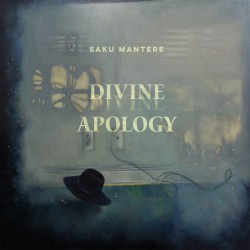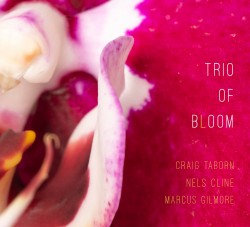The Soundmakers Project - Ineke Vandoorn; Marc van Vugt; Christine Duncan; The Soundmakers
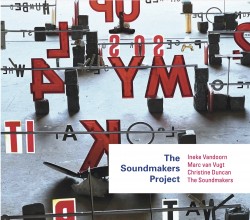 The Soundmakers Project
The Soundmakers Project
Ineke Vandoorn; Marc van Vugt; Christine Duncan; The Soundmakers
Baixim Records (baiximrecords.bandcamp.com/album/the-soundmakers-project-2)
Canadian vocalist Christine Duncan has covered the waterfront when it comes to inventing ways to use a human voice and is no stranger to virtually all styles of music. Born into a travelling fundamentalist Pentecostal musical family, she wove her way through R+B, blues, jazz and contemporary opera before she hit the ground running when she arrived in Toronto from Vancouver in the early 2000s, eventually landing in the improvising scene.
In 2007, Duncan and her partner, drummer Jean Martin, applied for a grant for her to develop a vocabulary of hand signals for improvising choir and to assemble a group on a more permanent basis. Their successful application allowed the duo to develop the concept of the Element Choir, both by taking cues from other vocal improvising directors before her such as Butch Morris, the London Improvisers Orchestra, Anthony Braxton, John Zorn and others, as well as creating Duncan’s own unique conducting style, and her hand signals have become a fluid and organic response to her musicality.
Her joy of sharing her love of sound and community is profoundly evident as well as her expert leadership and experience (Duncan is also an active educator, teaching in the jazz programs at Humber College and the University of Toronto since 2003). For anyone not familiar with the choir, she leads the group of non-professional vocalists into challenging soundscapes of noises, chatters, whispers and wails all with practiced hand gestures and signals, and has continued to refine her skills to become the world leader in structured improvisational vocal ensemble.
In walks The Soundmakers, a Dutch Grammy-winning duo Ineke Vandoorn, vocalist, and Marc van Vugt, guitarist, who lead an ensemble of 50 improvising (again, non-professional) vocalists, and who witnessed Duncan’s work with the Element Choir. By 2024 they invited Duncan to combine their music with vocal soundscapes under her direction with their own Soundmakers, leading to the creation of the Soundmakers Project. Featuring compositions by Vandoorn and van Vugt, Duncan so expertly guides the group that on occasion – such as the first track Hatfield 22 – it’s hard to believe the sounds coming from the group.
The third track Soundmakers Choir Improvisation demonstrates the range of colour Duncan draws from the group. The Collar is a dense, humorous collection of expressive meows and melodies that perfectly backs the jazzy libretto and guitar breakdown. A truly beautiful track La Caresse is expansive and ethereal along with the final Soundmakers Improv 1. The album is a beautiful showcase of music and community, and kudos to the Dutch group for bringing Duncan together with their compositions.
To see Christine Duncan live is to marvel at the skill, musicianship and sheer joy she imparts. Check out the teaser video for this album online, or find her with the Element Choir collaborations with Inuit singer Tanya Tagaq and the Toronto Symphony.


